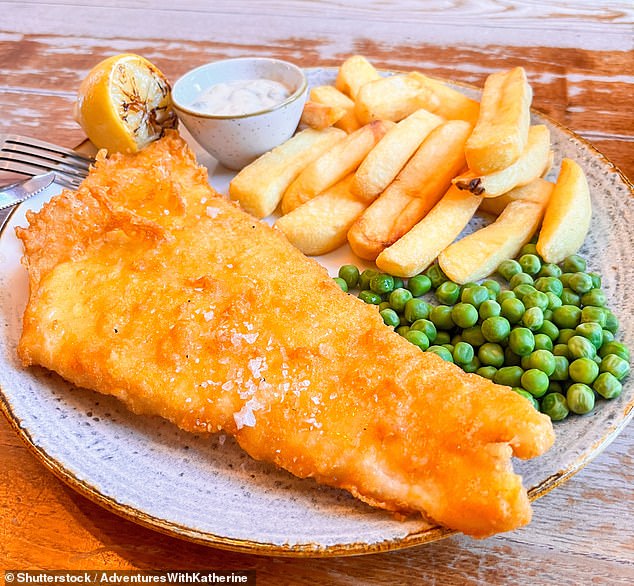
Study: Atlantic Cod Halved in Size Over 30 Years, Threatening Fisheries and Ecosystems
Shrinking Cod: How Overfishing and Climate Crisis Are Downsizing Your Fish and Chips
(Include image: A classic fish and chips meal with cod fillet, highlighting its reduced size compared to historical catches.)
Brits craving a hearty "fish and chip Friday" may soon notice smaller portions. Cod, once giants exceeding 1 meter in length and 40kg in weight, now average just 54cm—nearly half their 1996 size. Researchers attribute this drastic 48% shrink to decades of overfishing and environmental shifts, as revealed in Science Advances.
Evolution in Action
A study of 152 Baltic Sea cod (1996–2019) found intense fishing selectively removed larger fish, leaving smaller, faster-maturing ones to dominate. "This is evolution driven by human activity," warned Prof. Thorsten Reusch. Genetically, cod now mature at 20cm instead of 40cm, reducing their growth rates and adaptability to future ecological changes.
(Include image: Dr. Kwi Young Han holding a modern cod, dwarfed by historical specimens.)
No Quick Fix
Despite the 2019 Baltic fishing ban, cod populations show no rebound. Smaller size and genetic depletion could hinder recovery. "Evolutionary change takes generations; decline is faster than revival," Reusch stressed. The UK’s cod, mainly sourced from Icelandic and Barents Seas, faces similar risks if overfishing persists.
Sustainability Solutions
Experts urge swapping cod for sustainable alternatives like hake, mackerel, or mussels. The Marine Conservation Society advises:
- Mix it up: Diversify beyond cod, haddock, and salmon.
- Avoid red-rated seafood: Steer clear of endangered or illegally sourced options.
- Check labels: Look for MSC or ASC certifications.
(Include image: Infographic comparing sustainable seafood swaps.)
Broader Impacts
A WWF report notes UK seafood consumption—887,000 tonnes annually—threatens marine ecosystems. Over 80% is imported, straining global fish stocks and endangering species like seabirds and sharks dependent on the same resources. Dr. Anna Sturrock emphasizes prioritizing local, underused species to reduce pressure on popular whitefish.
The Takeaway
Cod’s decline underscores the urgent need for sustainable fisheries management. While genetic changes may be irreversible, responsible choices today can help preserve marine biodiversity—and keep fish suppers on the menu.
(Include image: Historical vs. modern cod size comparison chart.)
Adapted from original study and Marine Conservation Society guidelines.


